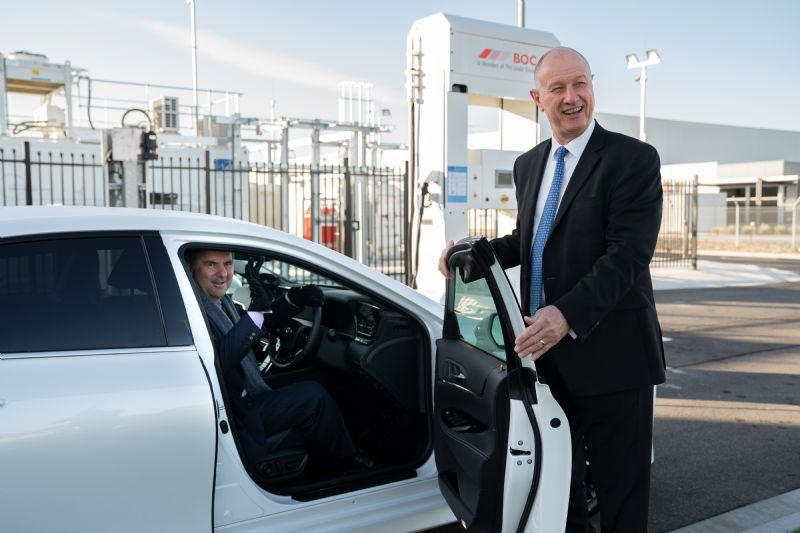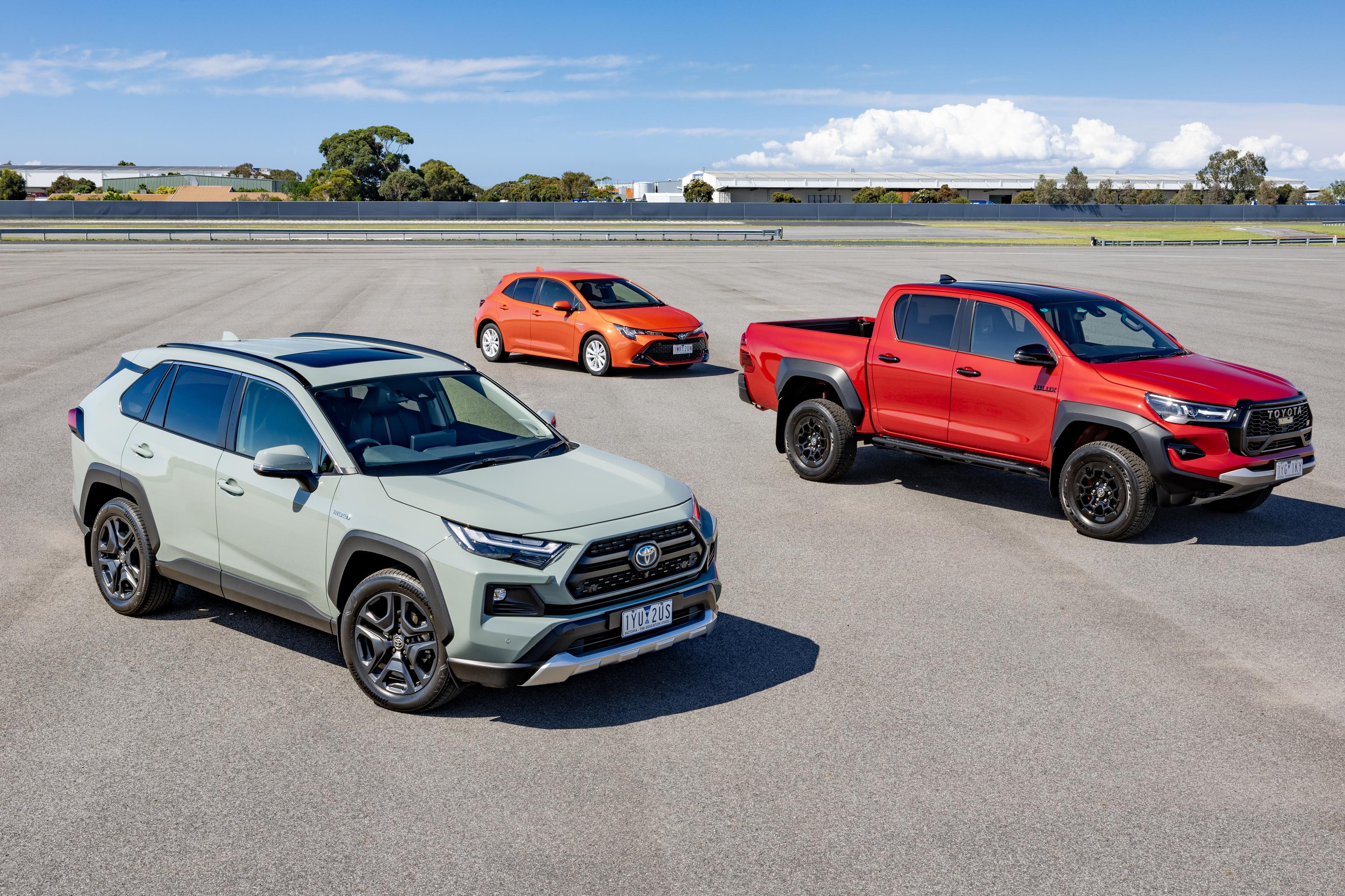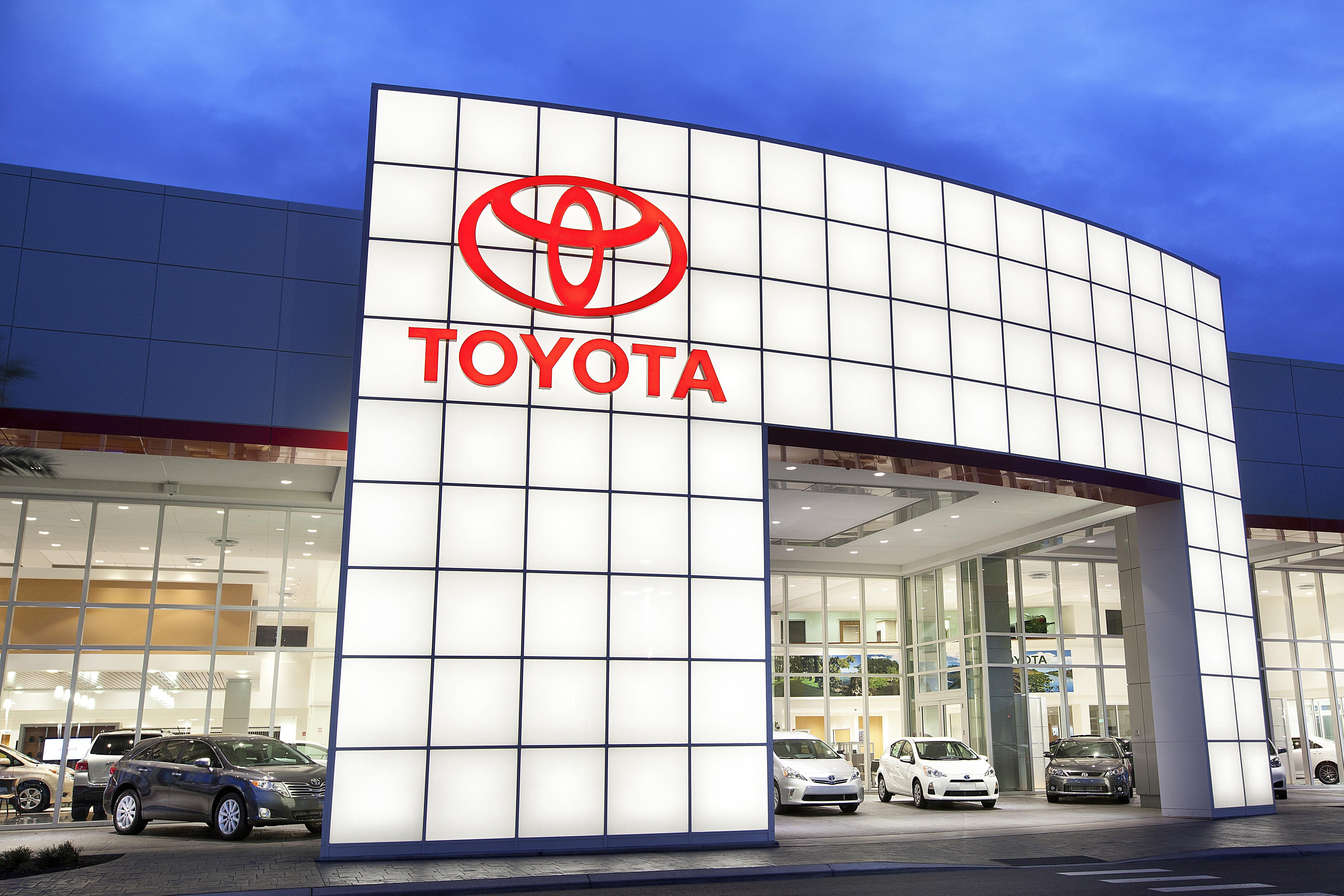An influx of new brands into the already crowded Australian market isn’t a threat to Toyota, says one of its senior executives, but that doesn’t mean it won’t be damaging.
Speaking at a media event, Toyota Australia sales, marketing and franchise operations vice president Sean Hanley told CarExpert the race to bring products to showrooms poses a greater threat to the industry overall than to Toyota itself.
“I don’t think that all these brands turning up in numbers is a threat to Toyota at all. I think it’s not great for the industry,” Mr Hanley said.
“Over the last 10 years the term ‘speed to market’ has been a huge phrase, in technology particularly, and that can be applied to many industries beyond the car industry.
CarExpert can save you thousands on a new car. Click here to get a great deal.

“The greatest threat to the industry is this theory that speed to market is key, [because] it’s actually not. In my humble opinion, speed to market is yesterday’s hero.”
Toyota has been the best-selling brand in Australia for more than two decades and continues to top the charts convincingly so far in 2025, led by its ubiquitous RAV4 SUV and Hilux ute.
For most of Toyota’s time as market leader, Australia has been considered one of the most concentrated new-car markets in the world, meaning it has a significant number of brands and models for car buyers to choose from despite being a low-volume market of around 1.2 million annual sales.
There are over 60 brands on sale here, currently – more than in places such as the UK and the US, despite far more new vehicles being sold in both countries, especially the US (circa 16 million with the UK at 1.95 million).

Adding to the fierce competition are some of Australia’s newest car brands, including Geely and its premium Zeekr brand and Chery-owned Omoda Jaecoo, with BYD’s premium brand Denza scheduled to launch here next month.
While Chery has told CarExpert the increasing number of brands is a positive for buyers, offering more choice for customers, the Toyota boss said it has to be done right – or it risks tarnishing the local auto business.
“My belief is that speed to market is actually a bit fraught with danger because people still value quality, durability, reliability,” he said.
“Now some are going to say, ‘Is he kidding? They’re just legacy things’, but they’re still values [quality, durability, reliability] that our customers want.”
Toyota, both in Australia and globally, has been criticised for its slow introduction of electric vehicles (EVs) compared to rivals, for example, with the RAV4-sized bZ4X SUV the only Toyota-badged EV in local showrooms.

The company has touted its ‘multi-pathway’ approach, investing not only in EVs but also hybrids, plug-in hybrids (PHEVs) and even hydrogen fuel-cell electric vehicles (FCEVs), as well as traditional combustion-powered vehicles.
Rushing vehicles to market as a priority is not the way forward, Mr Hanley cautioned.
“You’ve got to be aware of the threat, and the threat, to me, is any company that thinks speed to market above and beyond quality, durability and reliability is more important, is fraught with danger,” he said.
“And the great news is Toyota will not do that … Toyota is where it is today because of decades of building trust.”
In contrast, global rival Volkswagen revised its EV strategy, saying it has activated ‘China speed’ to develop new models in just under three years, with plans for 30 new models by 2027.

